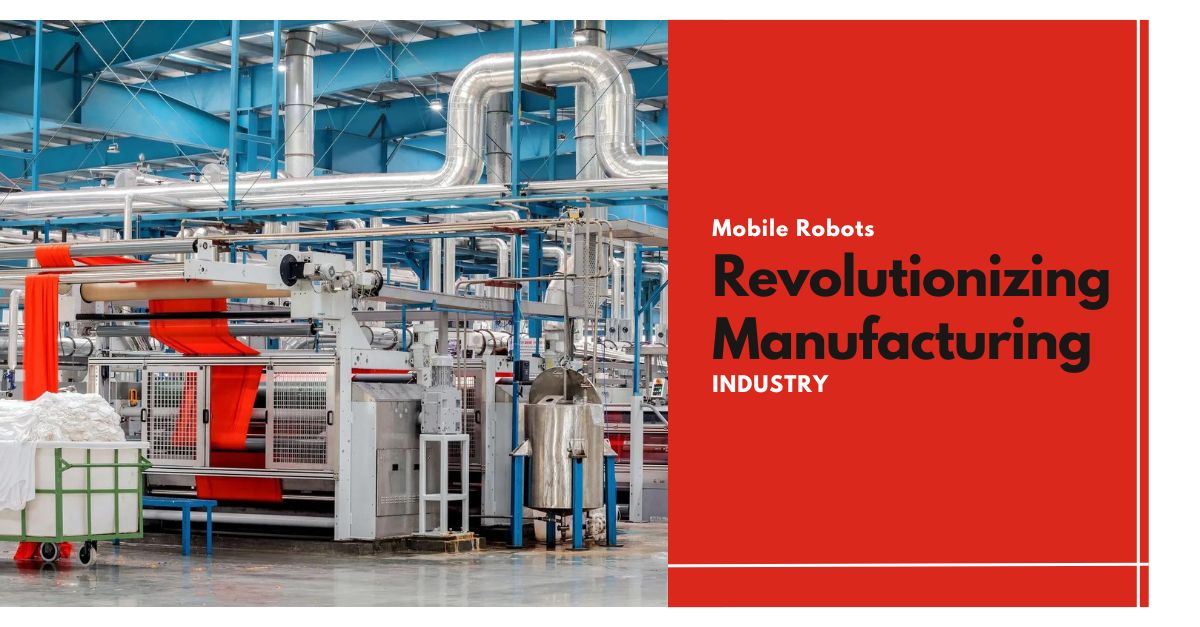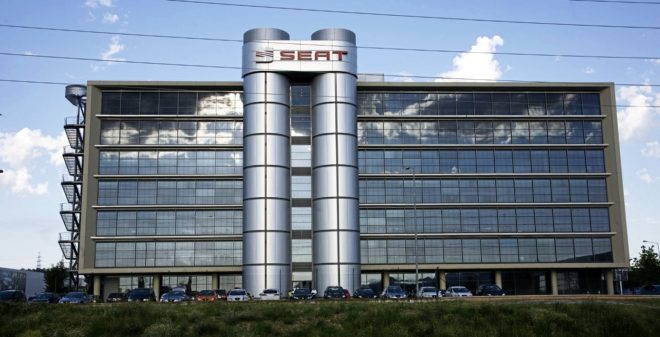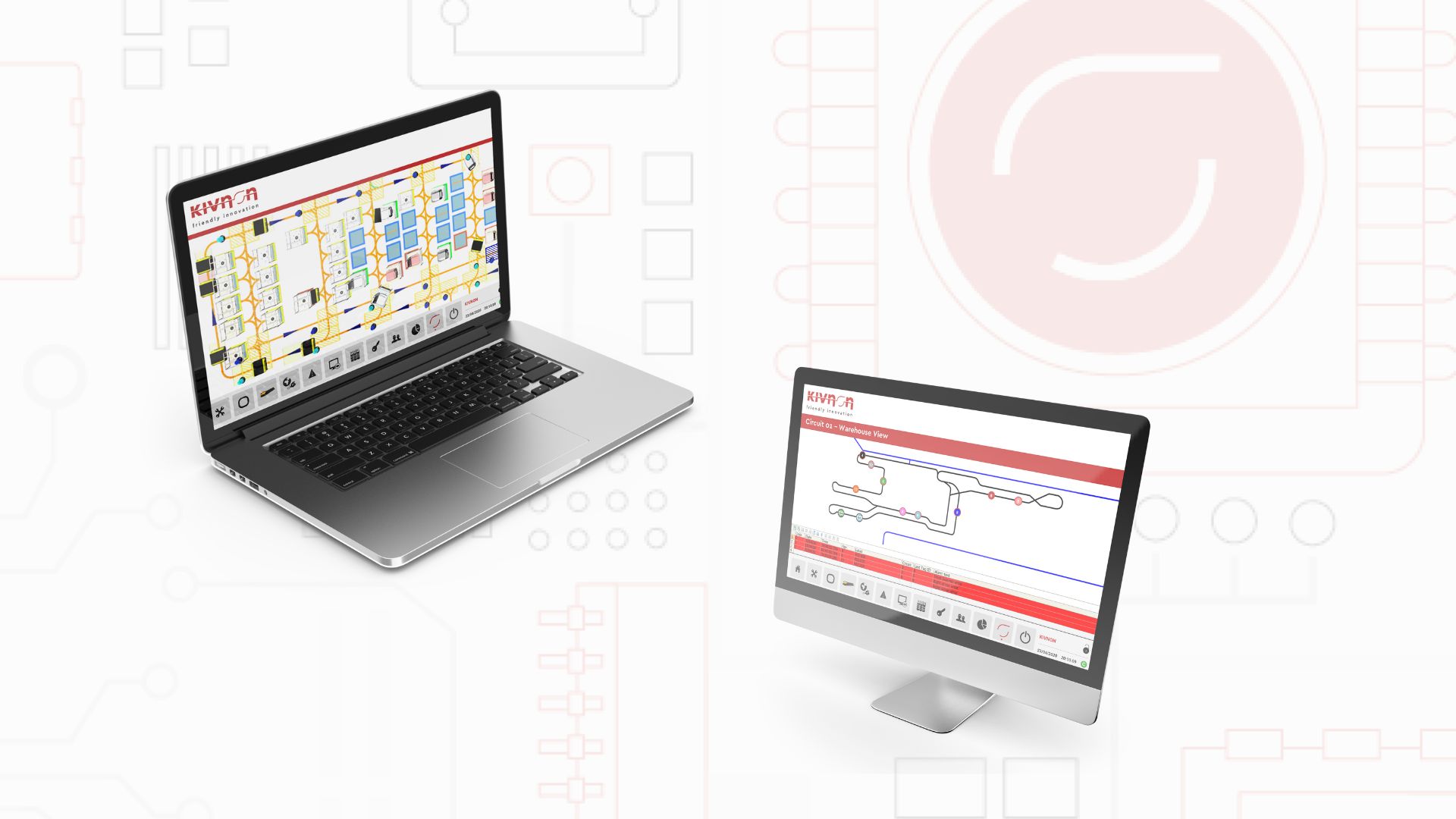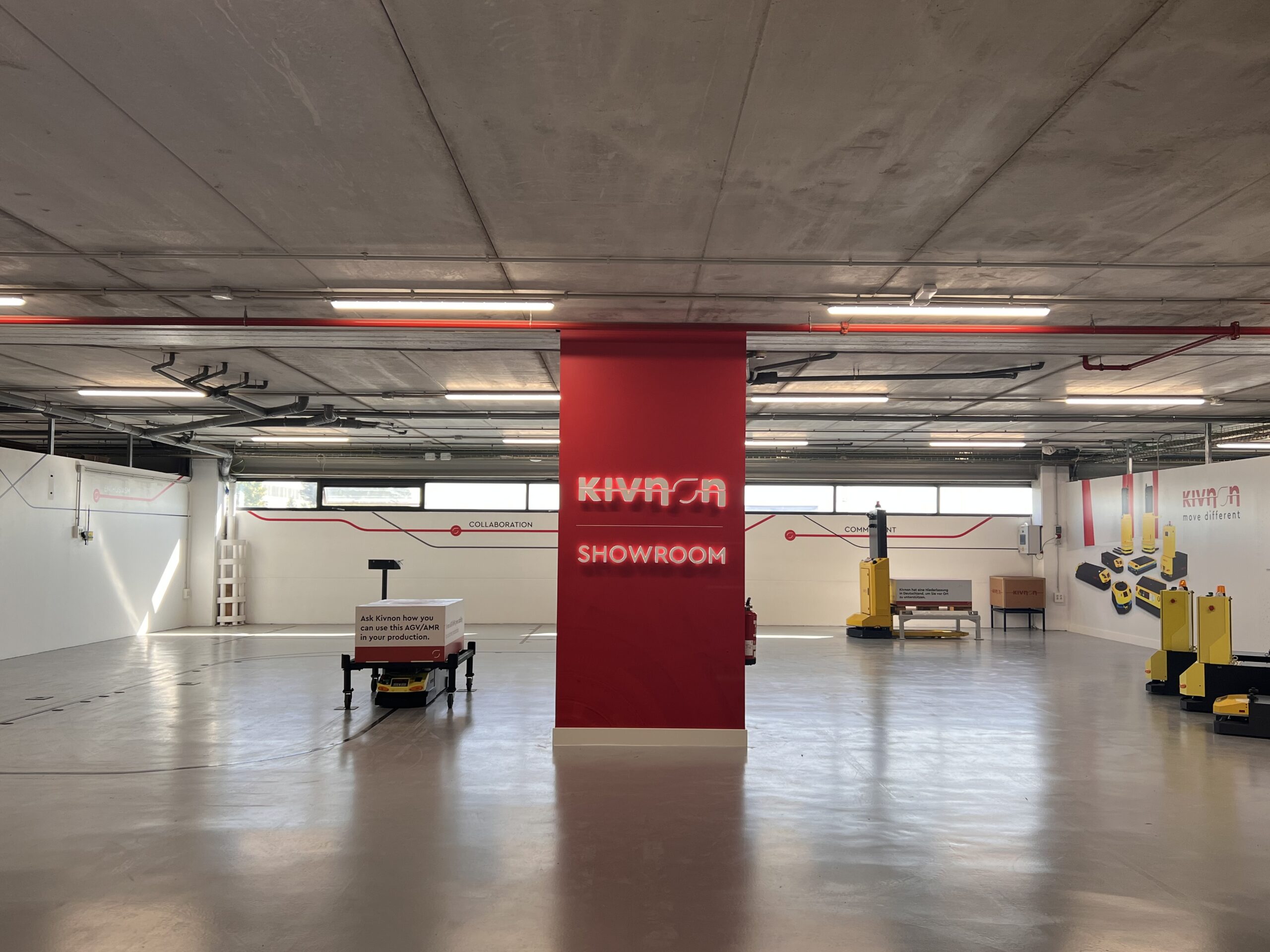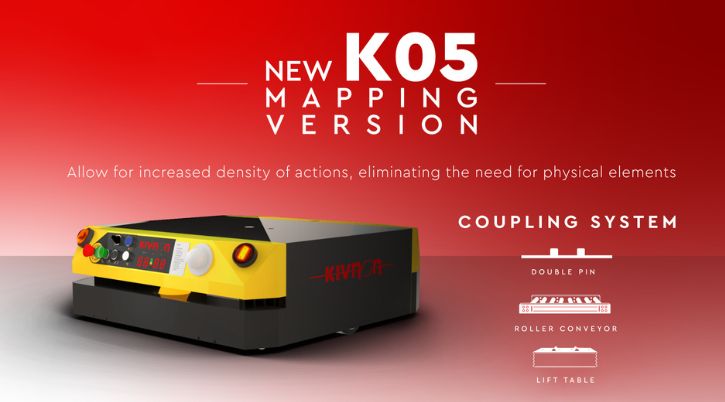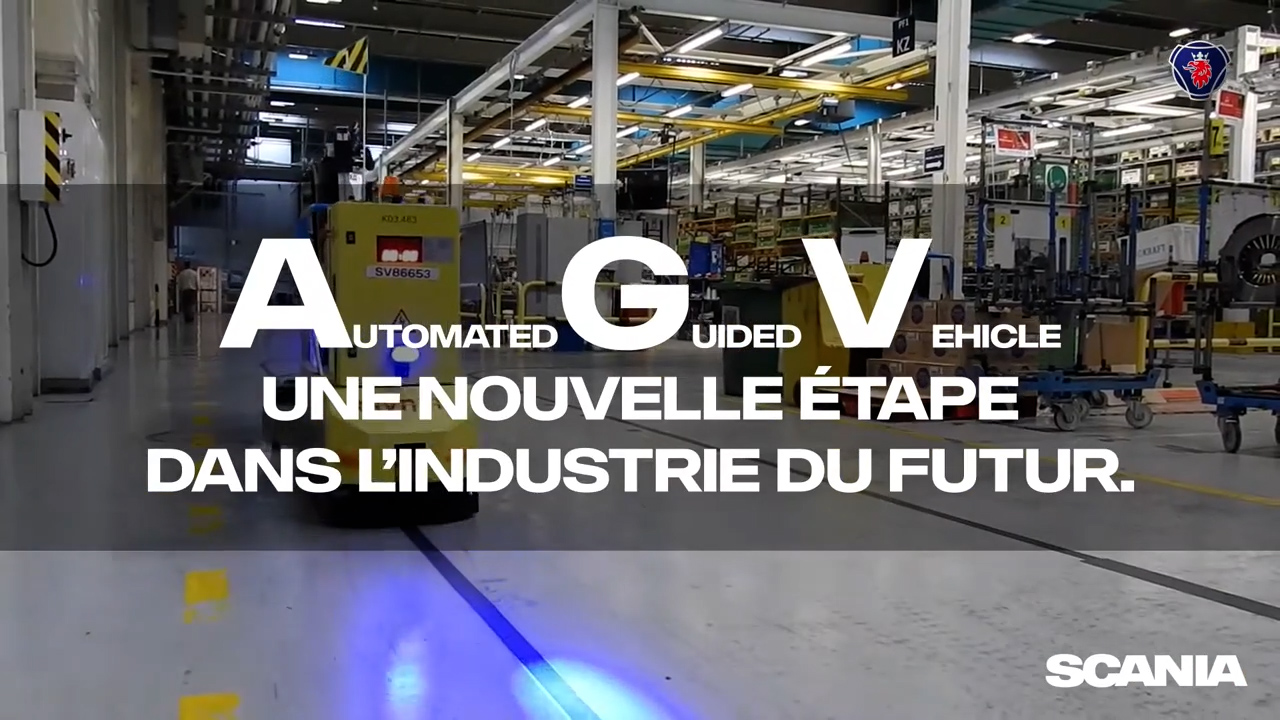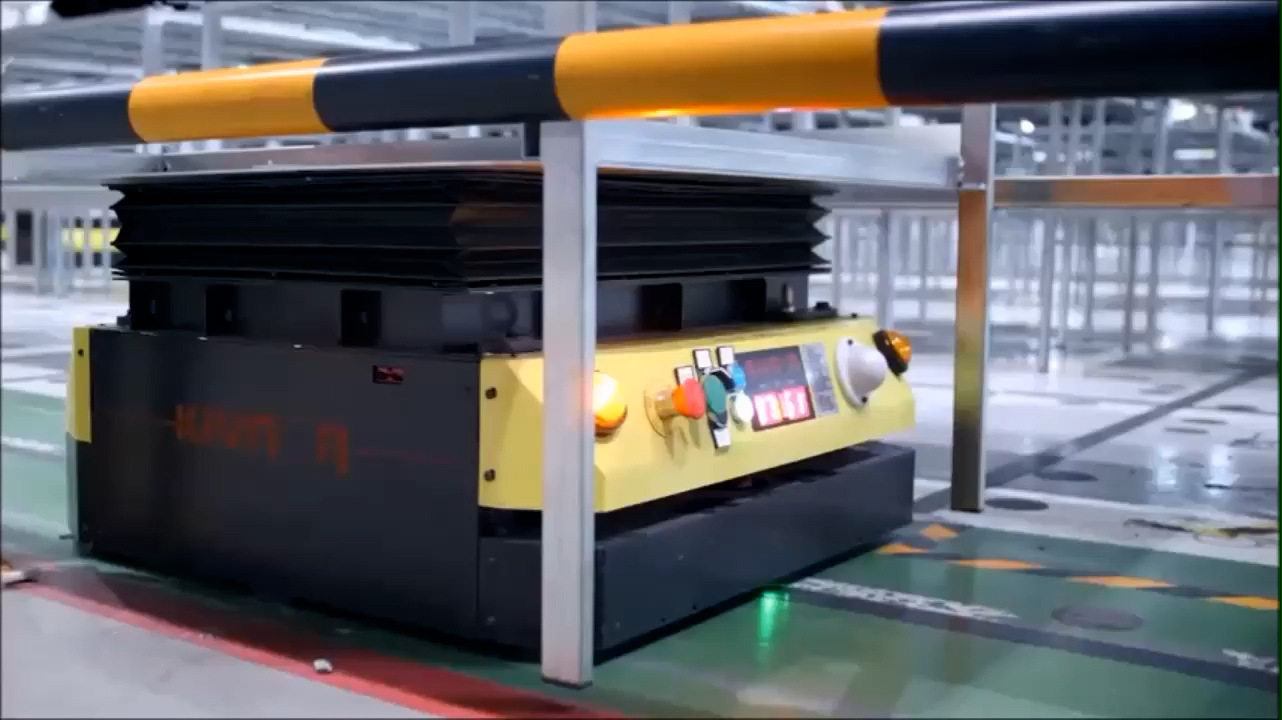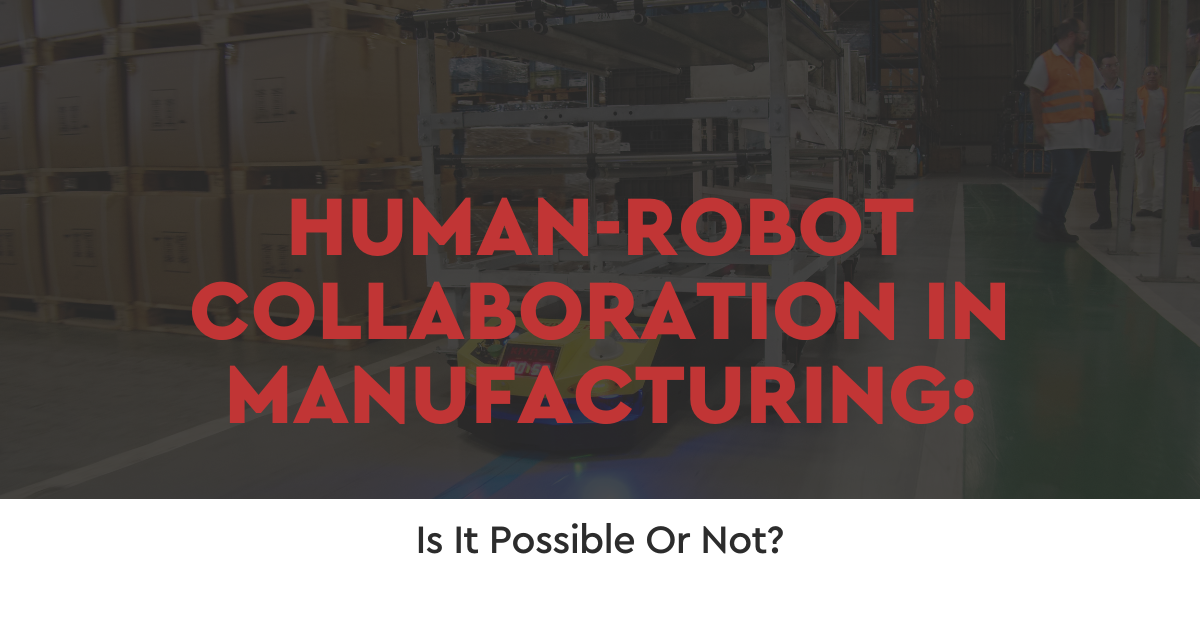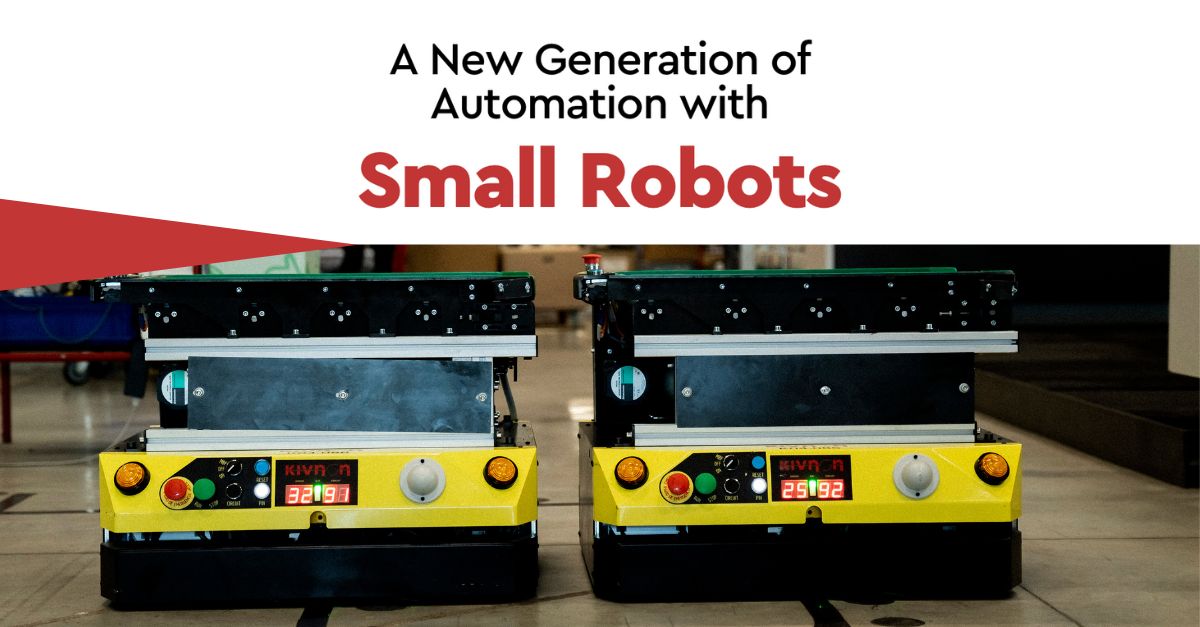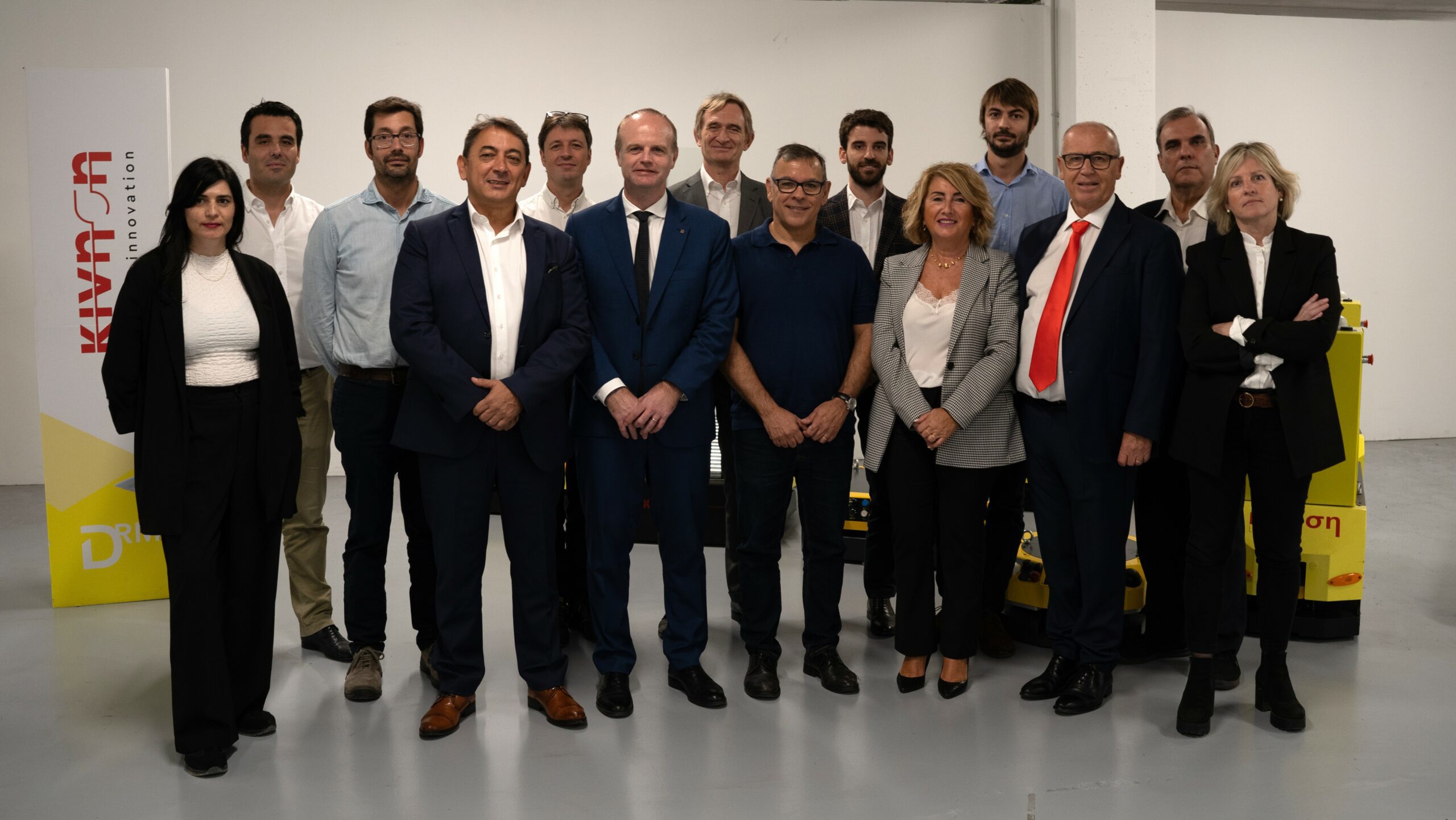In this context, mobile robots have become valuable tools, changing the way critical tasks revolutionizing manufacturing industry.
Automating Assembly
One of the most significant challenges in manufacturing is achieving efficient and precise component assembly. Robots have the capability to depart from traditional production methods. The mobile robot is revolutionizing manufacturing industry by transforming itself into an integral part of the production line and assembly processes.
It collaborates seamlessly with other machines, or materials like robotic cell, and actively participating in the various tasks that constitute the production process, as mobile robots take on increasingly central roles in reshaping the factory floor.
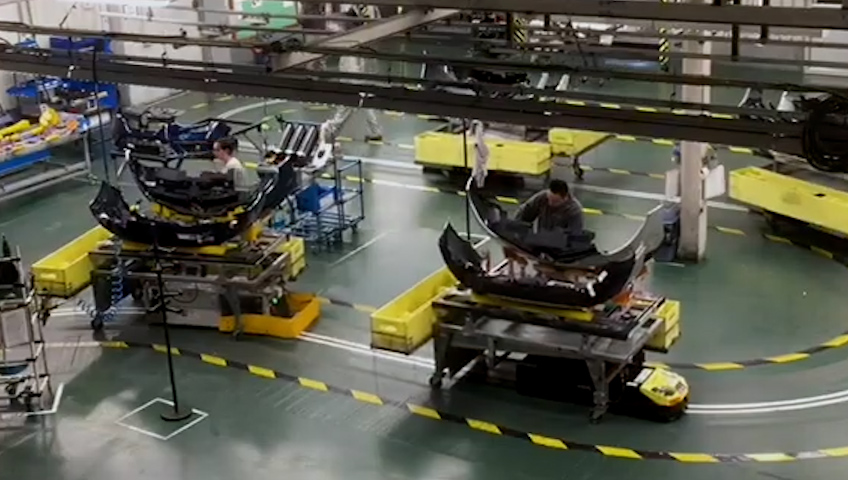
Versatility in processes
Our mobile robots are involved in tasks ranging from material delivery and optimizing picking processes to automating material deliveries to the production line and delivering finished materials to the shipping and/or warehouse area.
This comprehensive involvement not only accelerates the workflow but also mitigates the potential for human error, ensuring the quality of all manufactured components.
They adeptly transport substantial objects from one location to another with efficiency and safety, obviating the need for monotonous and hazardous manual labor.
Quality Assurance:
Product quality holds a position of utmost significance in the realm of manufacturing.
Mobile robots are spearheading a revolution in quality control by executing operational tasks with greater speed and precision compared to traditional manual methods.
This, in effect, leads to a reduction in rework, scrap and potential defects, culminating in significant cost savings across the manufacturing lifecycle.
The synergy of increased efficiency, accuracy and cost reduction underscores the transformative impact of mobile robots in reshaping the quality control landscape in manufacturing.
Flexibility and Adaptability:
The adaptability to the market, offering flexibility to customers in response to their demands, is a pivotal advantage. This is especially true in the context of mobile robotics’ transformative role in manufacturing.
The inherent flexibility of mobile robots allows companies to swiftly align their production processes with the dynamic shifts in market demands revolutionizing manufacturing industry.
By seamlessly adjusting manufacturing capabilities, companies can remain agile and responsive, ensuring that their offerings match the evolving preferences of their clients.
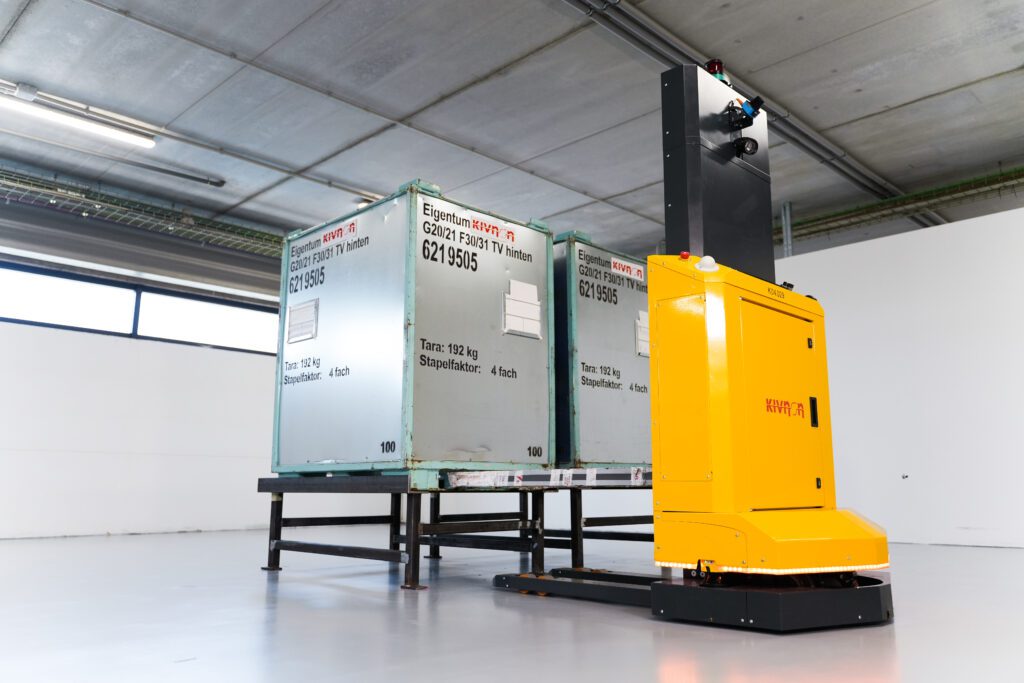
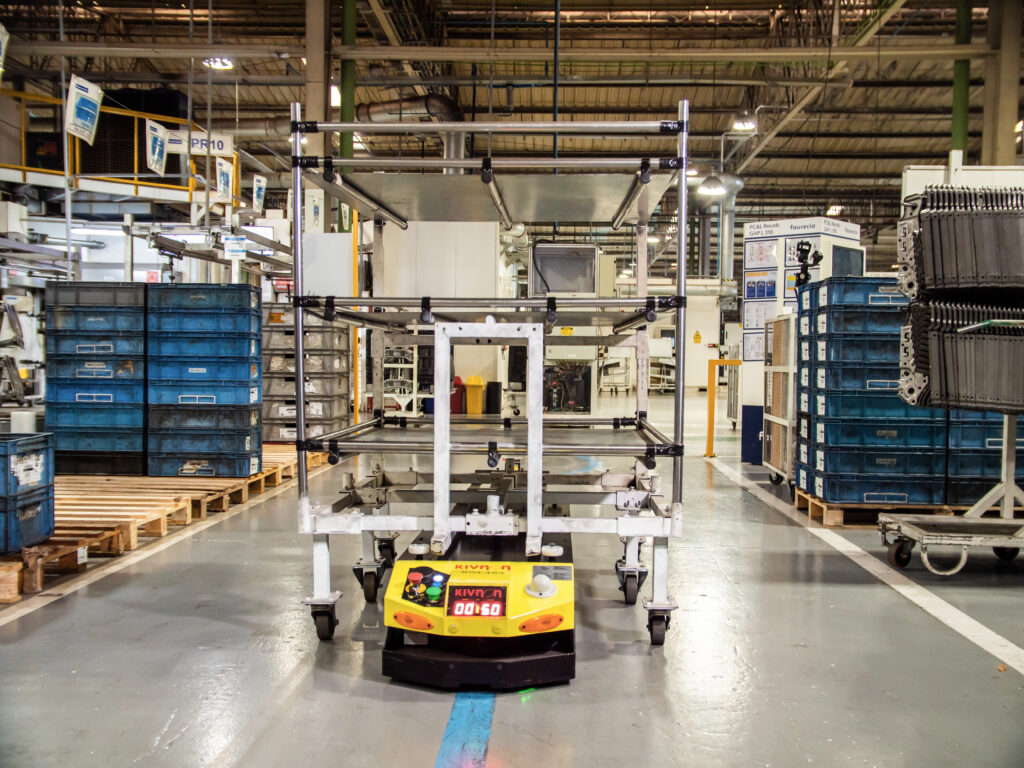
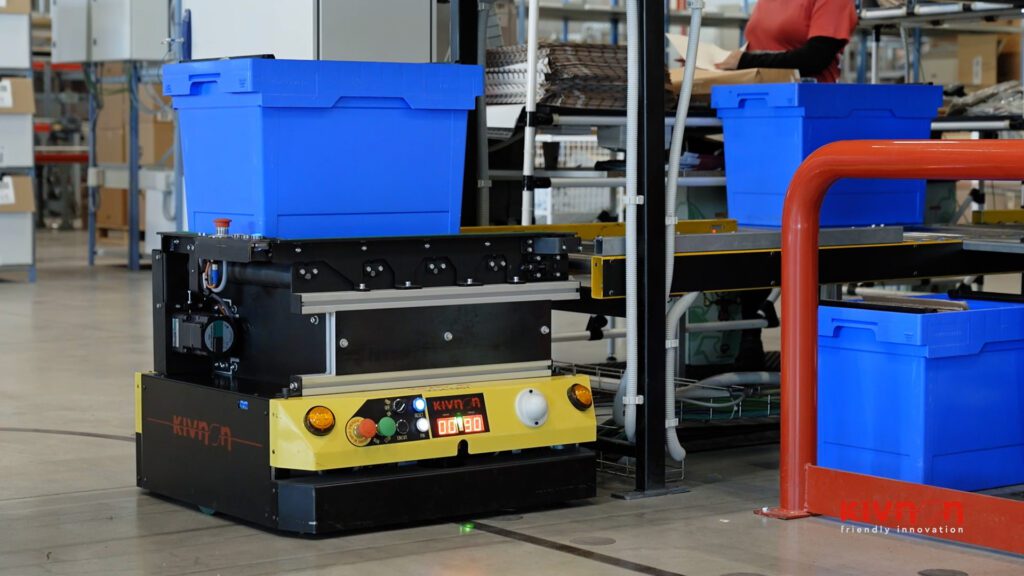
In conclusion, as technology continues to advance, it’s exciting to envision how mobile robots will further evolve and play a significant role in future designs.
The manufacturing industry is on the brink of a transformative era powered by mobile robotic automation, ensuring enhanced efficiency, quality, and adaptability.


